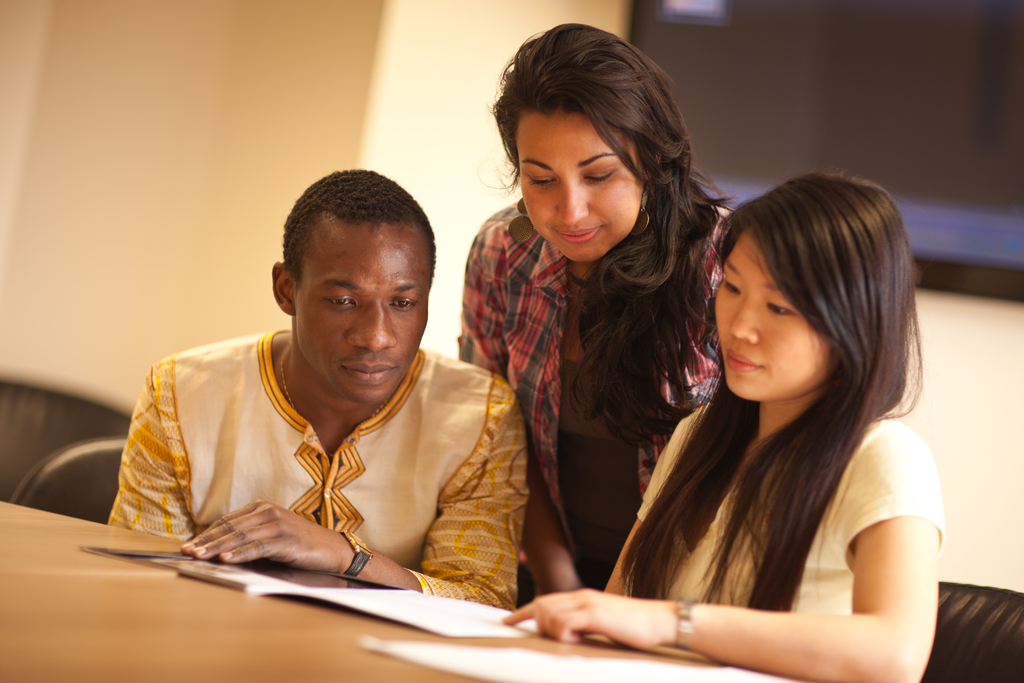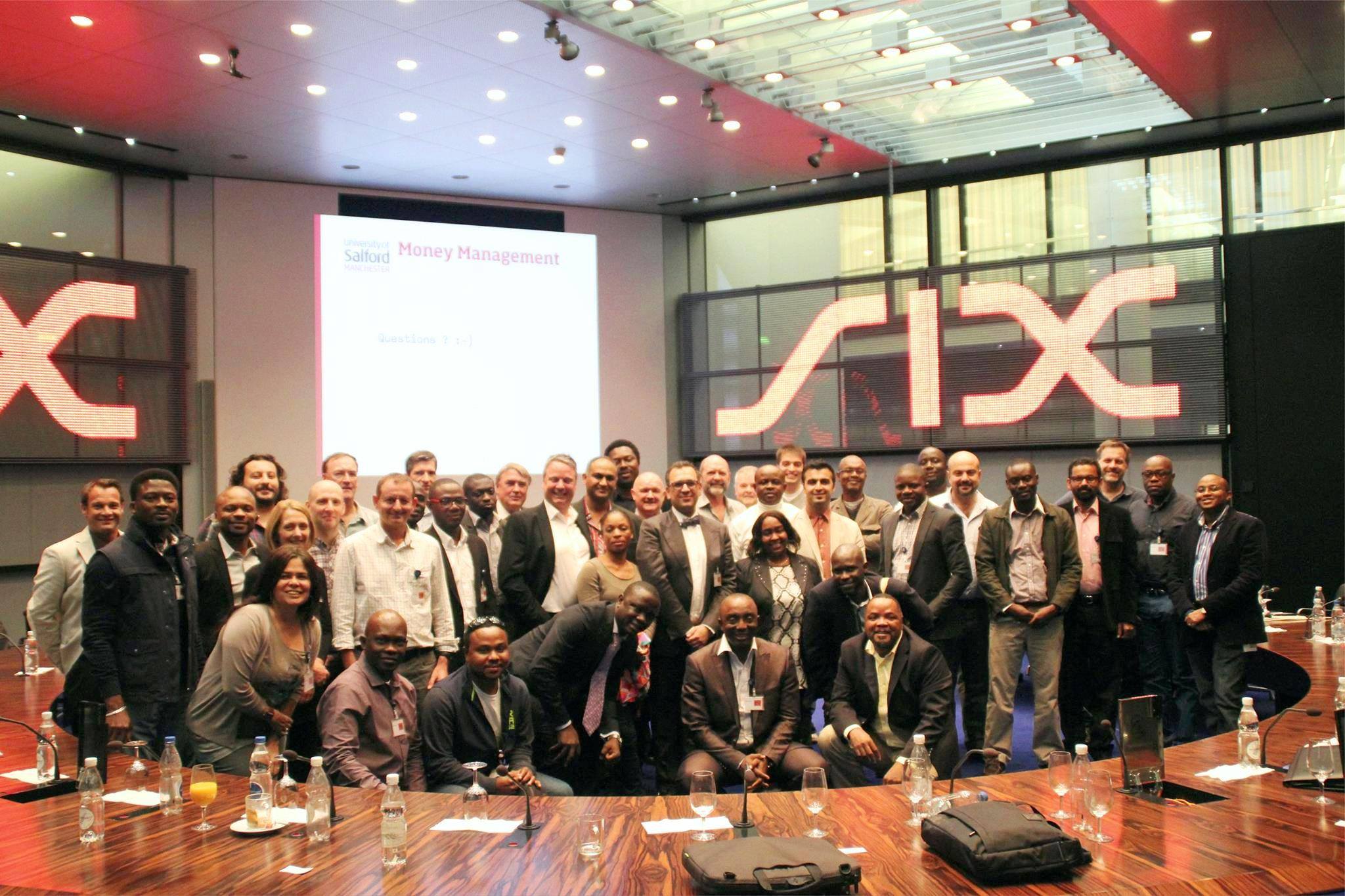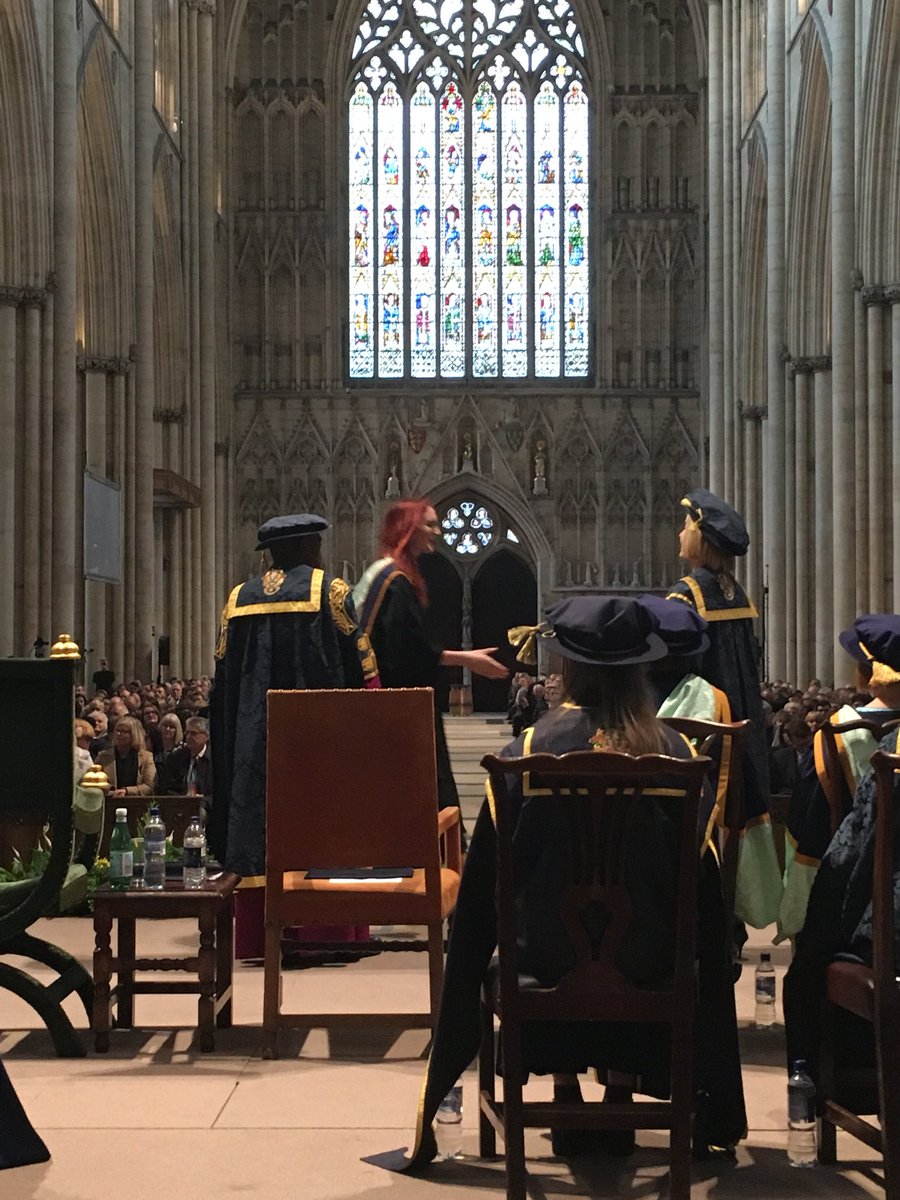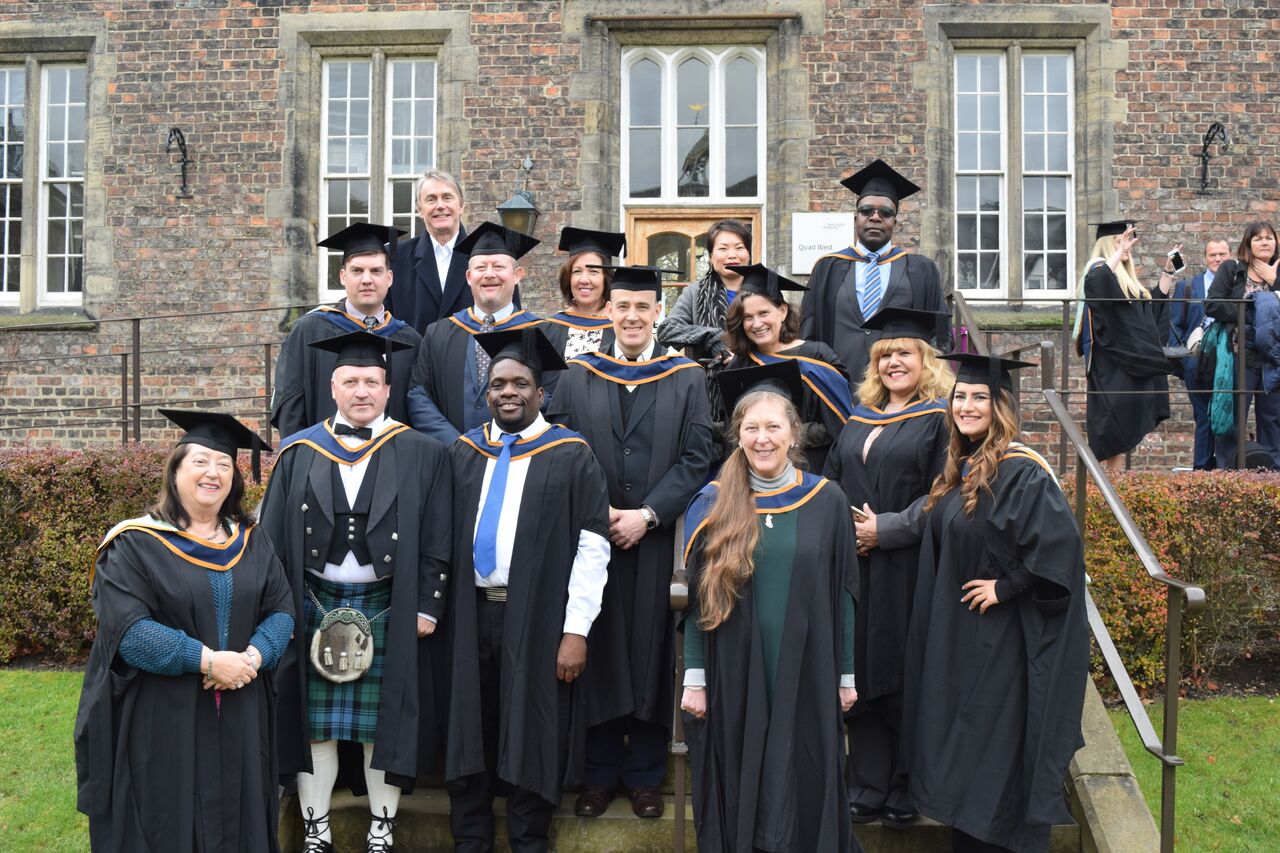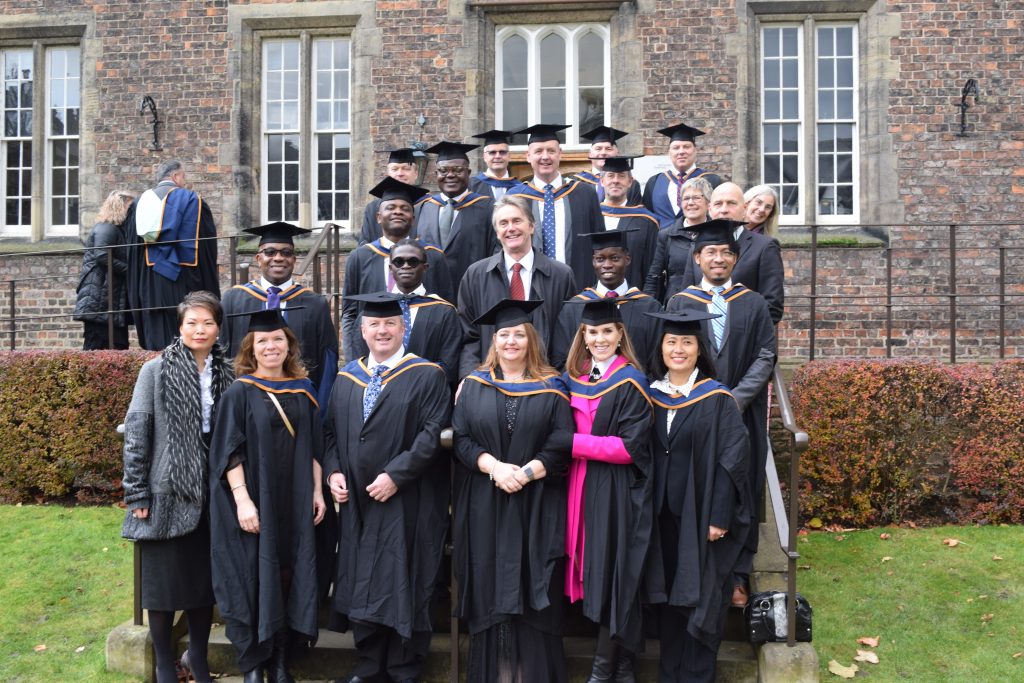In life, on several occasions, the real-world situation unfolds in an entirely different manner than what we are advised or we envision it would. We are taught to be leaders, be confident and be certain of every action we take. Of the several traits and qualities of being a competent leader, we are taught to be fearless. However, the fear of failure is an all-pervasive part of the human psyche. Failure is defined as the ‘lack of success’. Lack of which induces a feeling of paucity, in turn further inducing the ‘fear of failure’ in the future endeavours.
“Failure is so important. We speak about success all the time. It is the ability to resist failure or use failure that often leads to greater success. I’ve met people who don’t want to try for fear of failing.” – J.K. Rowling
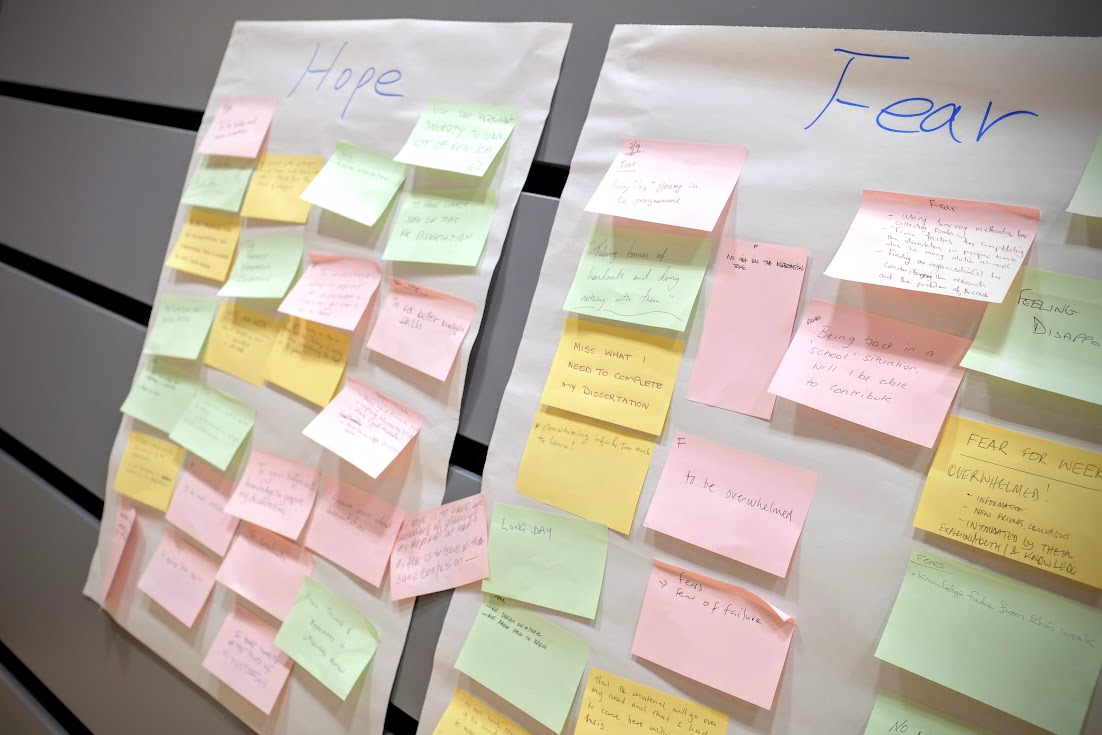
Fear can adversely affect one’s ability to do things, confidence and willingness to face any challenges that arise. We are afraid of deploying any ingenious methods, stemming out of the reluctance of taking even minor risks. We fear not only of the outcomes, but also of the deemed image; especially when one is at a leadership position.
“Failure isn’t fatal, but failure to change might be” – John Wooden
Fear cripples the progress and creativity. Change is inevitable and one must embrace the change and advance with valour. First, we must create an environment in which failure is not ridiculed or shamed but encouraged. Teams should strive for a culture rooted in trust because it grants the members a greater capacity for innovation
“It’s failure that gives you the proper perspective on success.” – Ellen DeGeneres
Second, we must not be risk-aversive. Once we are surrounded by those who are more accepting of failure, we can encourage and pursue taking risks early. Fail hard, and fail fast.
“When you take risks you learn that there will be times when you succeed and there will be times when you fail, and both are equally important.” – Ellen DeGeneres
By taking risks early on, we contrive plans to embrace larger repercussions, and the confidence bolstered in those unconventional decisions, results in greater achievement.
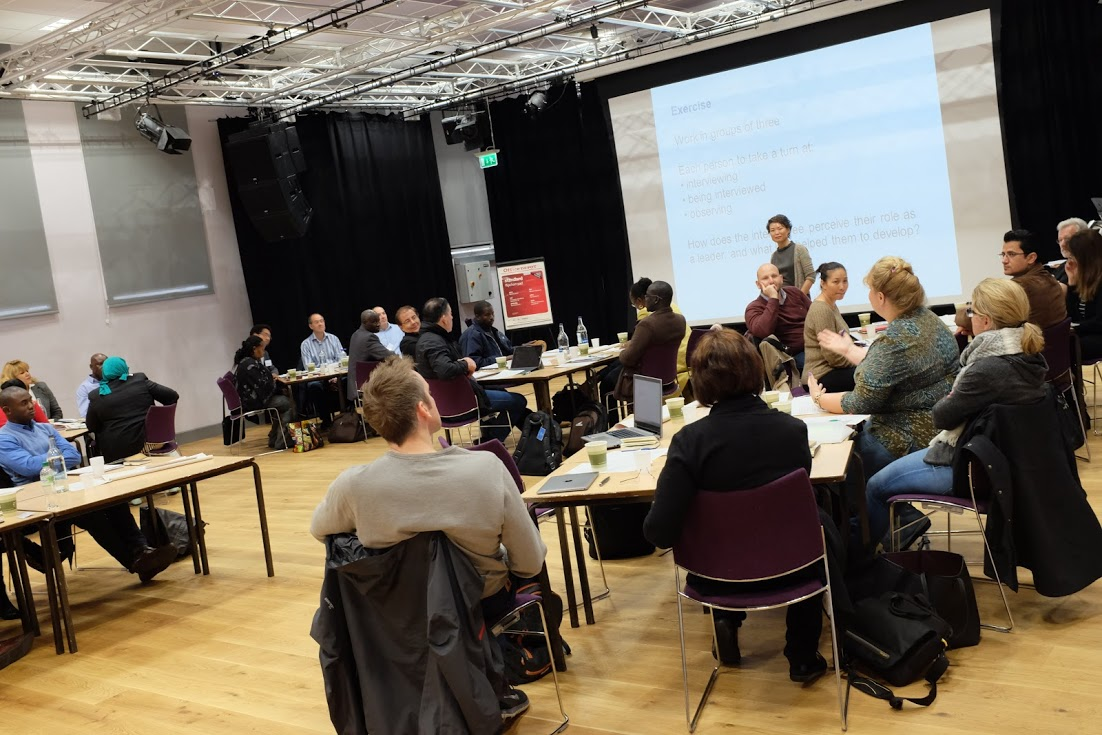
Reflection session
Now taking risk not always commensurates to the need of the hour. Planning the ‘next step’ and thinking ahead is vital. Risks come with only a chance of success, and sometimes the odds are not in our favor.
“You build on failure. You use it as a stepping stone. Close the door on the past. You don’t try to forget the mistakes, but you don’t dwell on it. You don’t let it have any of your energy, or any of your time, or any of your space.” – Johnny Cash
We can instead redirect our efforts on what to do next. We encourage this outlook to prevent plateauing personal growth with negative emotion, which also has a high chance of affecting the team’s performance and our future level of contribution.
Finally,
“Failure should be our teacher, not our undertaker. Failure is delay, not defeat. It is a temporary detour, not a dead end. Failure is something we can avoid only by saying nothing, doing nothing, and being nothing.” – Denis Waitley
Do not let fear come in your way to advance your studies. Talk to our advisor today about the courses offered online and get your customised study-plan.

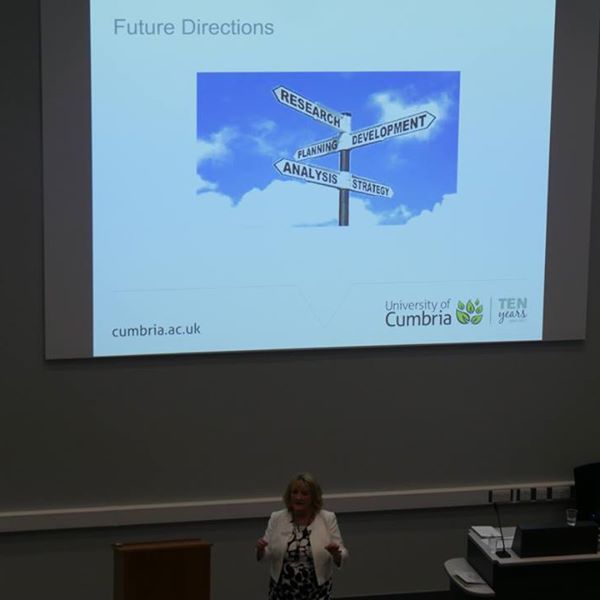




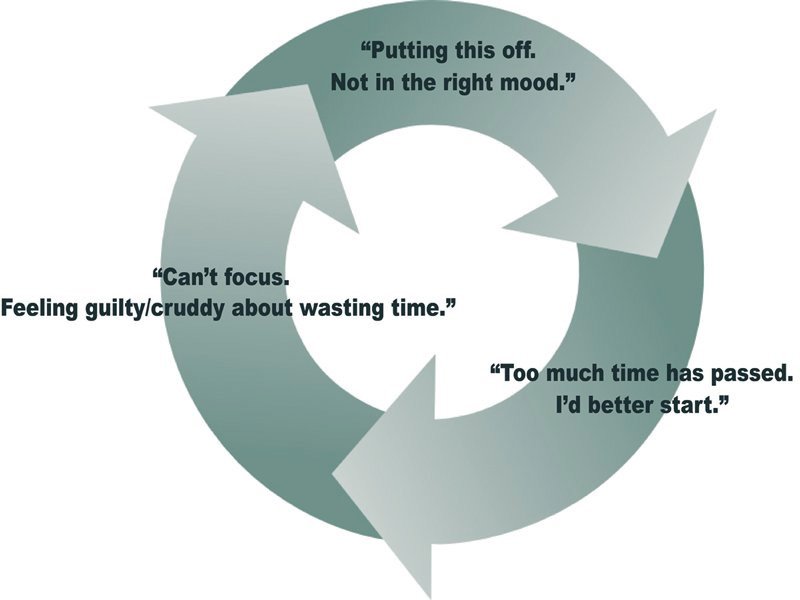
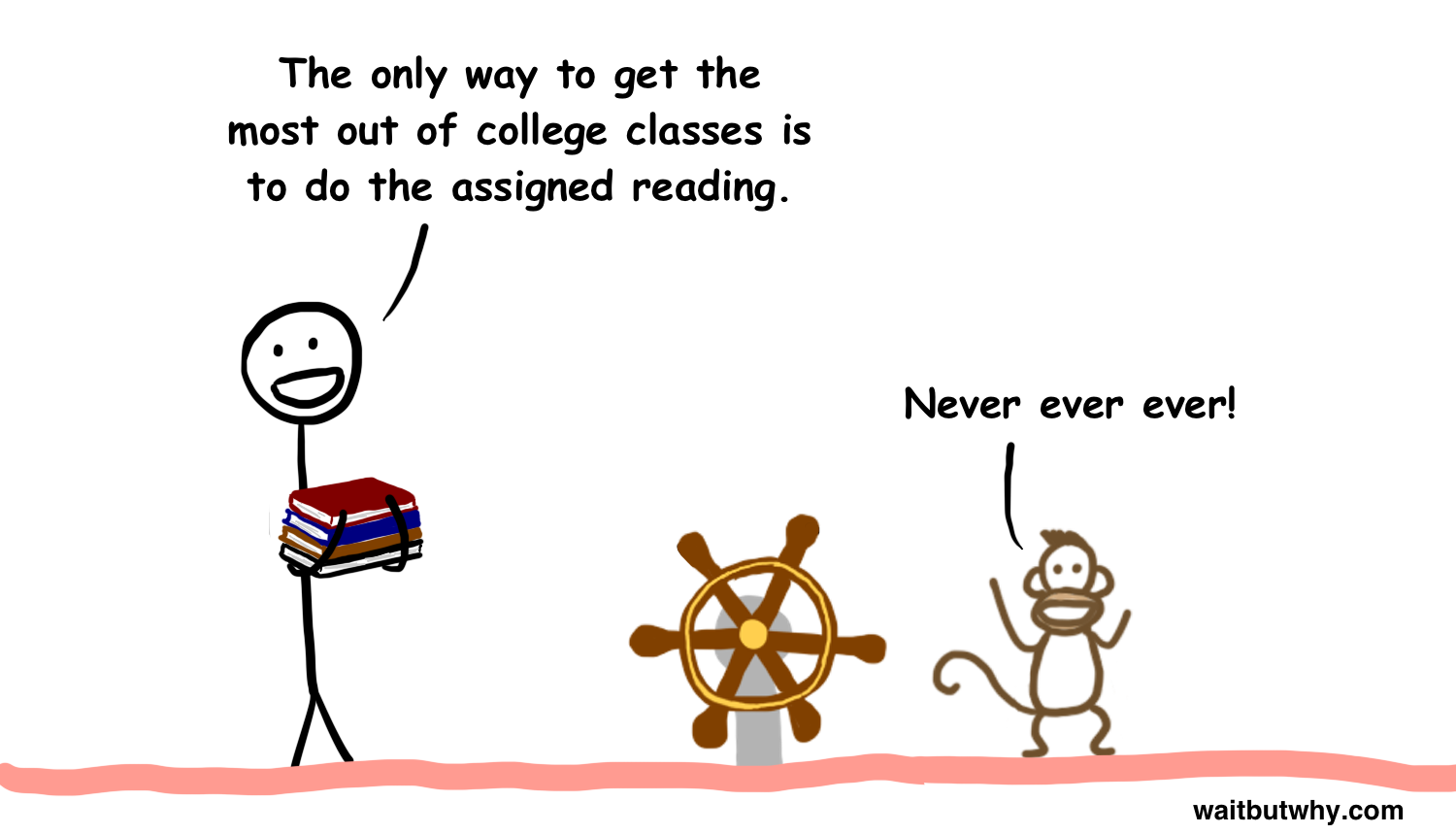



 “When I enrolled with RKC my one aim was to achieve the Masters level Degree; however, I underestimated the value of the learning experience, which has been hugely rewarding and personally fulfilling. Further, as a result of the degree I have clearly improved the quality and quantity of my work output which has opened up new and exciting career opportunities. To be clear, obtaining your Masters is a lot of work but the rewards are well worth the effort.”
“When I enrolled with RKC my one aim was to achieve the Masters level Degree; however, I underestimated the value of the learning experience, which has been hugely rewarding and personally fulfilling. Further, as a result of the degree I have clearly improved the quality and quantity of my work output which has opened up new and exciting career opportunities. To be clear, obtaining your Masters is a lot of work but the rewards are well worth the effort.”